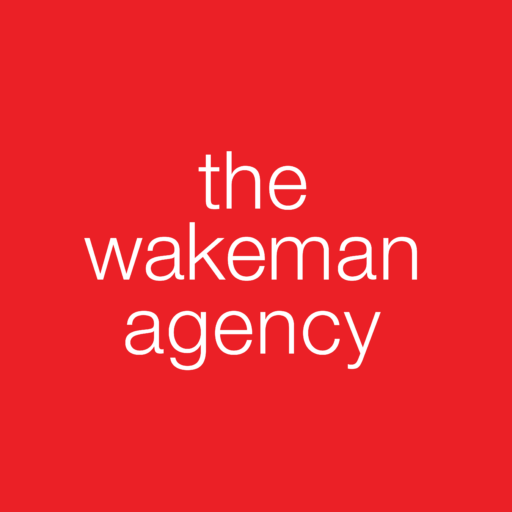Difficult Conversations are Easier with the Right Words
Lexicon Case Study: Improved Client Engagement and Employee Buy-In Through Bespoke Lexicon for Legacy Brand
The Situation
Early in 2022, The Wakeman Agency began working with one of the largest consumer service brands covering the United States. This 200+ year old brand is steeped in tradition and employs over 19,000 people across the country. The company had been previously identifying initial trends in language use and communications to support and strengthen its environmental, social and governance (ESG) commitments. This consumer service leader had created a preliminary set of guidance for topic areas relevant to its current ESG objectives. However, they were now seeking a trusted partner to continue the work, orient strategy and create tools to ensure all areas of company communication reflected these goals. Company leadership also indicated a desire to receive constructive feedback, knowing the company’s culture often leaned toward avoidance of uncomfortable topics.
The Wakeman Agency conducted a comprehensive language and narrative audit, drawing on organizational documents, internal and external communications and collection of original data from multiple stakeholder groups. This discovery phase revealed a number of dynamics relevant to the creation of an organizational Lexicon and processes for implementation of narrative shifts in company communications.
Initial analysis of company communications revealed a tendency among organizational leadership and communications teams to deemphasize relevant, but tension producing areas of ESG language in their industry, specifically race related vocabulary and narratives. This tendency produced the unintentional practice of avoiding race-conscious language in internal and external messaging, and to overemphasize inclusion of allies in DEI initiatives. This practice came at the expense of the need to build internal environments safe for critical conversations for employees of color. In the most extreme instances, it resulted in the breakdown of internal communication pathways leading to racially charged events that deteriorated trust in leadership.
The Solution
Based on findings from the discovery and collaborative consultation with organizational leadership, The Wakeman Agency delivered:
- A findings document sharing the observations from the audit relevant for the Marketing & Communications teams.
- The audit identified a disconnect between how organizational leadership thought they were positioned among key audiences and their actual impact. This revealed a tendency toward White dominant cultural norms.
- To help the organization shift toward more inclusive habits and practices to foster increased employee and client engagement, we provided recommendations based on these findings and specific communications guidance tailored to the staff’s daily practices.
- An organizational Lexicon which included a glossary of key terms recommended for use, those encouraged for retirement and narratives relevant to keep top of mind in fostering effective communications in line with ESG and DEI goals of the organization.
- A set of protocols for internal execution and maintenance of the Lexicon as a living and breathing part of the company’s communications ethos.
A secondary need emerged during this scope of work indicating that additional training and consultation with Marketing & Communications staff would help sustain the roll out of the communications Lexicon. Based on this need, The Wakeman Agency developed and conducted trainings for key teams and management. These sessions provided:
- Practices to develop fundamental skills and grow comfort levels with key subject matter.
- Train the Trainer sessions to augment internal resources and increase capacity to manage day-to-day communications needs by strengthening their bench.
The feedback from the training sessions was promising:
“Thank you for the trainings! The exercises were great opportunities to put the topics we’ve been discussing into action. I also appreciated the facilitators asking questions to challenge our thought processes and make us think about the topic at a deeper level.” – Team Manager
“I really love that the communications materials you prepared for us are deeply based in a spirit of continuous improvement. Change is challenging at this company from time to time, so it’s really great to see this loved and embraced.” – Team Member
“Super informative! I found the comms documents to be very useful and helpful. Looking forward to the second training session.” – Team Member
Phases of the Work
This Lexicon Project proceeded in two distinct phases to allow for careful data collection and elaboration of communication supports tailored to the needs of the company.
Phase I: Language & Narrative Audit → Company Lexicon & Protocols for
Implementation
Phase II: Interactive Management Trainings for Sustainable use of Company Lexicon
Results
- Marketing and communications teams are now equipped with a robust company Lexicon, covering a much wider range of topics and themes that are relevant in the daily work of employees and clients.
- Procedures are in place for regularly updating the Lexicon and integrating it into the life of the communications and writers teams.
- The company was able to openly address some long standing tension produced by tendencies that had been left unidentified until this engagement. This allowed for an internal reckoning with processes that had allowed the situation to develop as it had and produced changes in team and management practices.
Our work together demonstrates that systems change, even with a legacy brand is possible with commitment and the appropriate resources.
If you are curious to learn more about our cultural competency offerings, or what a Lexicon Project might provide for your organization or company, please email Jennifer Lynn at [email protected].

